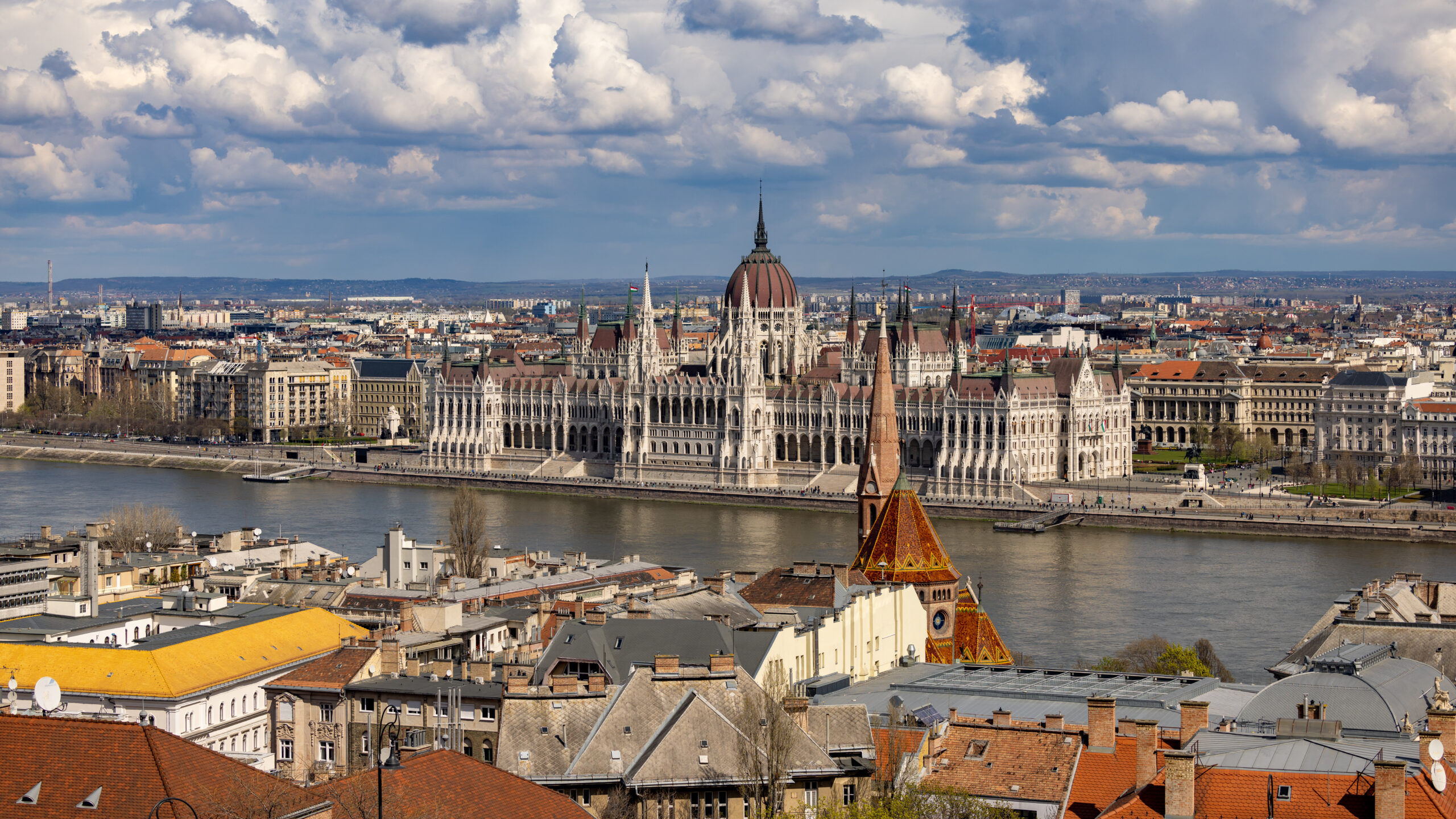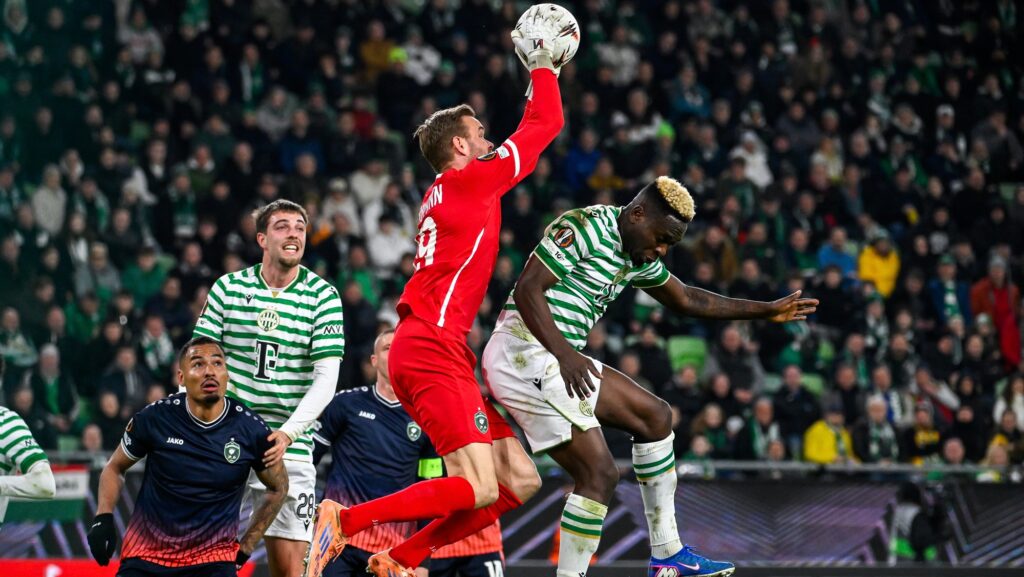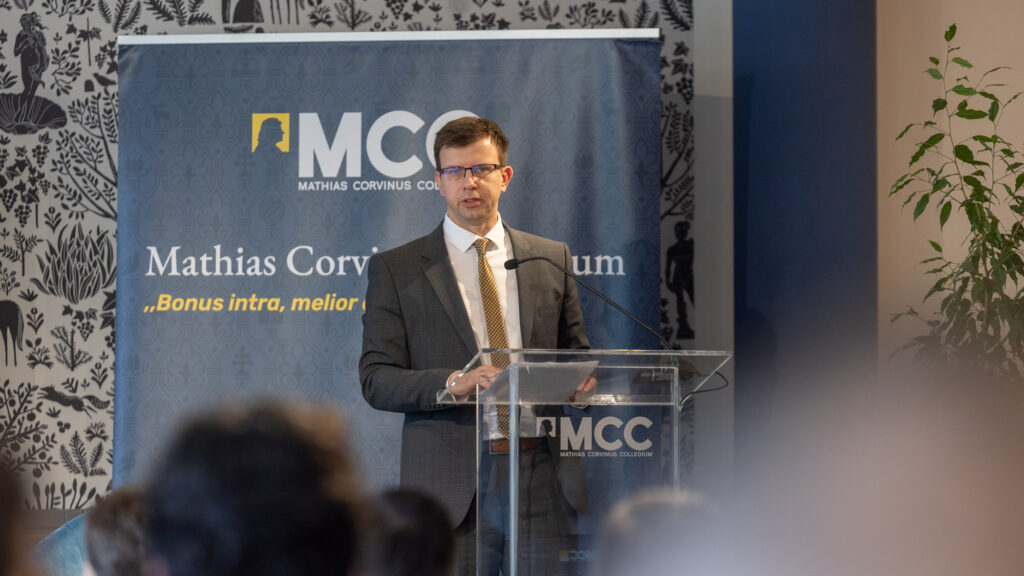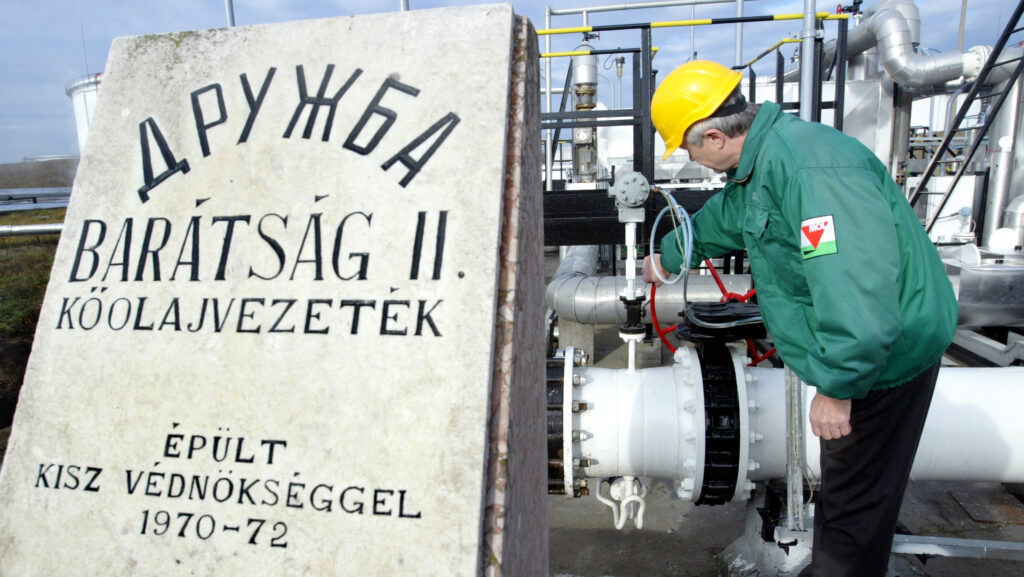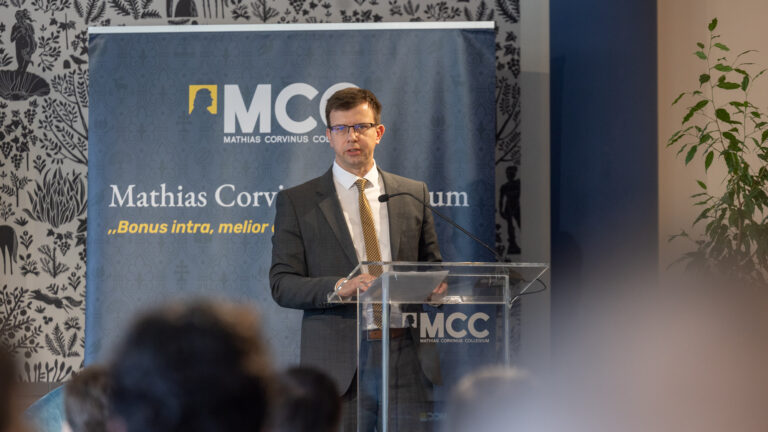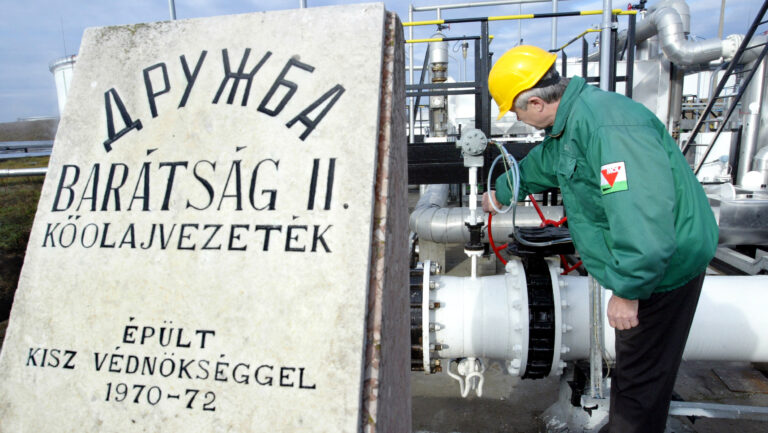Hungarian Minister of Foreign Affairs and Trade Péter Szijjártó stated on Thursday that Hungary is ready to host a potential summit between Russian President Vladimir Putin and Ukrainian President Volodymyr Zelenskyy.
‘Hungary has offered to host peace talks between Russia and Ukraine twice, and the offer still stands,’ Szijjártó said in a podcast broadcast on Facebook. ‘If we are needed, we are ready to provide appropriately fair and safe conditions for such peace negotiations. We are pleased if we can contribute to the success of peace efforts,’ he added.
Reports about the next round of peace talks emerged after Zelenskyy, EU and NATO leadership, and European heads of state met US President Donald Trump earlier this week at the White House. As Hungarian Conservative reported, Trump’s team is eyeing Budapest as a possible location for a Putin–Zelenskyy summit, a claim also confirmed by POLITICO Brussels.
‘The White House is planning for a possible trilateral meeting between the US, Russian and Ukrainian presidents in the Hungarian capital of Budapest as the next steps in negotiating an end to the years-long war, according to a Trump administration official and a person close to the administration,’ the outlet reported. Asked about Budapest, White House press secretary Karoline Leavitt neither confirmed nor denied the possibility. Geneva, Switzerland, also remains high on the list, with the Swiss Foreign Ministry signalling openness to host such talks.
Hungary has several advantages—and a few disadvantages—as a potential host. The country left the International Criminal Court (ICC) earlier in 2025 following Israeli Prime Minister Benjamin Netanyahu’s visit, meaning Hungarian authorities would not be obliged to arrest Putin upon arrival. Prime Minister Viktor Orbán also enjoys a close relationship with Trump, having been the first EU leader to endorse him in 2016, and the two share similar views on key issues such as migration and the war in Ukraine.
At the same time, Orbán has maintained good relations with Putin, keeping diplomatic channels open—an essential condition for hosting such a meeting. However, logistics do not play entirely in Budapest’s favour: Putin would need to fly first to Türkiye and then, via the Balkans, to Hungary, since EU airspace remains closed to Russian aircraft. Hungary’s membership in both NATO and the EU also raises questions about its neutrality as a host.
Polish Prime Minister Donald Tusk, however, expressed dissatisfaction with reports of Budapest being considered. On Tuesday, he posted on X: ‘Budapest? Not everyone may remember this, but in 1994 Ukraine already got assurances of territorial integrity from the US, Russia and the UK,’ he wrote, referring to the Budapest Memorandum, under which Ukraine surrendered its nuclear warheads to Russia in exchange for respect for its sovereignty and territorial integrity. That agreement was broken in 2014, when Moscow annexed Crimea. ‘Maybe I’m superstitious, but this time I would try to find another place,’ Tusk concluded.
Responding to the criticism, which clearly stems from deteriorating relations under the Tusk government, Balázs Orbán, political director to the Hungarian prime minister, said that ‘Donald Tusk seems upset he wasn’t invited to the Washington talks’. He accused Tusk of lashing out ‘at a nation with which Poland has shared a long-standing friendship’ on the very day Hungarians celebrated the founding of their state. ‘What would his Polish ancestors think of such behaviour?’ Orbán concluded.
Donald Tusk on X (formerly Twitter): "Budapest? Not everyone may remember this, but in 1994 Ukraine already got assurances of territorial integrity from the US, Russia and the UK. In Budapest. Maybe I'm superstitious, but this time I would try to find another place. / X"
Budapest? Not everyone may remember this, but in 1994 Ukraine already got assurances of territorial integrity from the US, Russia and the UK. In Budapest. Maybe I'm superstitious, but this time I would try to find another place.
Related articles:

